The Boardgame Project: Qwixx
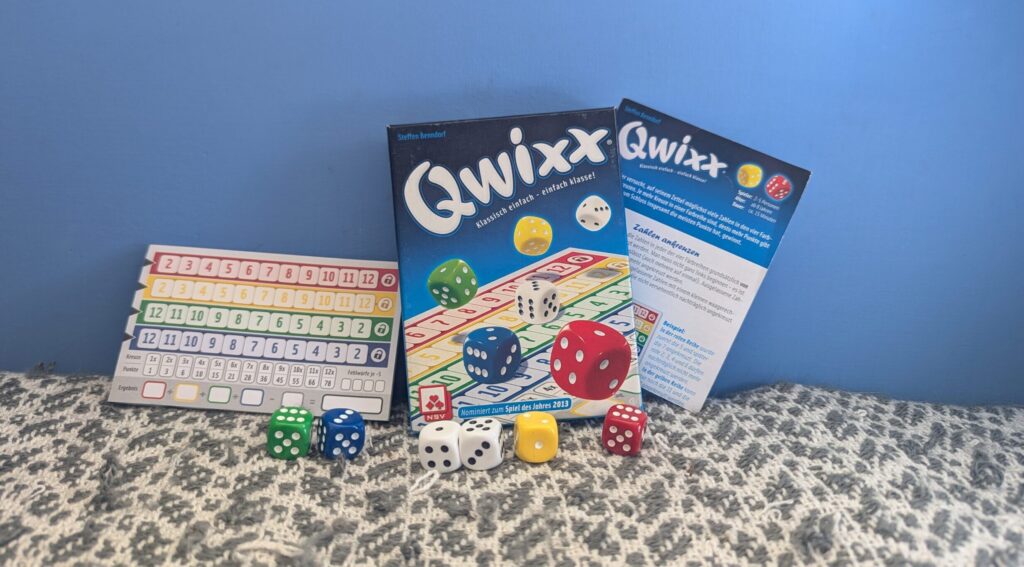
Qwixx is a fun little game that doesn’t take much time and only really requires coloured dice—as there is a scorecard app as well as printable versions you can find here and elsewhere online. There are English editions of the game, including on Amazon, but the German-published set is more readily available. Likewise, the English rules I’ve uploaded here are just another version among several. Whether you use mine or someone else’s, I hope you get to playing the game and having fun with it!
Driving Licences

Translation is a varied profession. Alongside translating creative works to transport their voice to a new audience, or slogging your way through technical manuals with or without machine assistance, we may also be asked to translate official documents, such as certificates, identity documents, copies of invoices, references, or any kind of document that can be used for or issued in an official capacity.
This was the case for me recently with a driver’s licence, something I technically knew how to do but had yet to actually attempt, and I was surprised by the depth of the task (and grateful now to have done all the research to make this a repeatable feat).
Having spent quite a bit of time on it, I decided I would write up the experience, both to show to potential clients what the process and end-product looks like but to also provide a how-to guide for erstwhile translators who are just dipping their toes into these professional waters!
PKU Transcripts
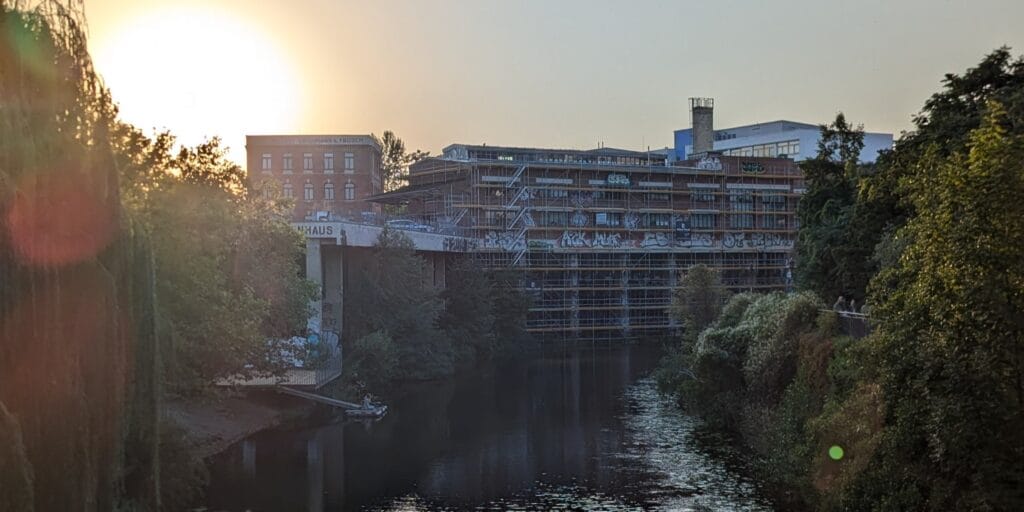
Recently, I started working with a company that produces transcripts, both intralanguage and interlanguage (for those not familiar, “within the same language” and “between languages”). I was brought in as quality control to help assess a new translator hire to see if
Extended Translation Project: FUNtasy Literature
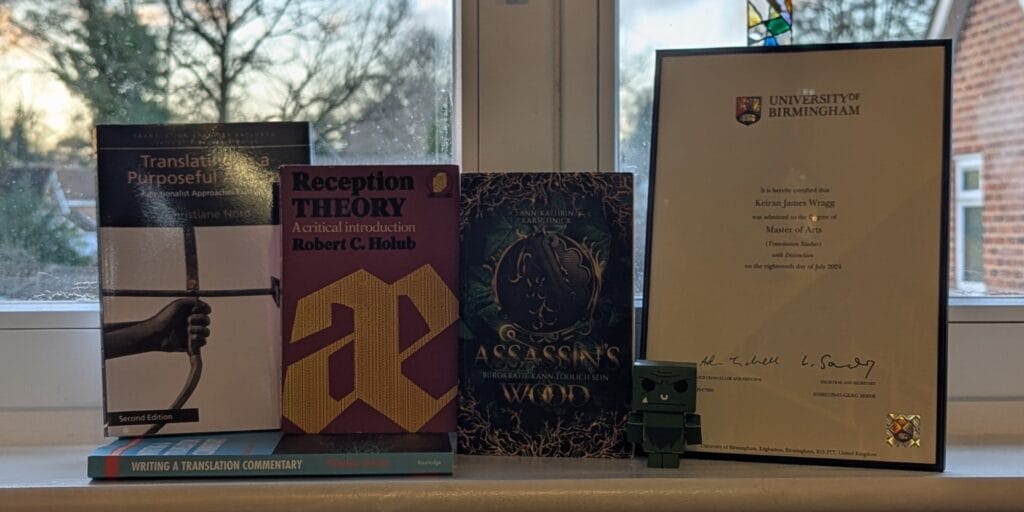
This was the coup de grâce, the pièce de résistance, the [other inappropriately used French phrase] of my master’s degree.
It was the pinnacle representation of all that I had learned and at the same time, it explored an idea that had been growing at the back of my mind since module 1; it encapsulated all that had irritated me about translation theory and it was a solid attempt (someone else can judge whether a success, although it was very well received by my examiners) at pulling theory into the realm of practice and beating it with a stick into submission.
Coursework: Professional Development
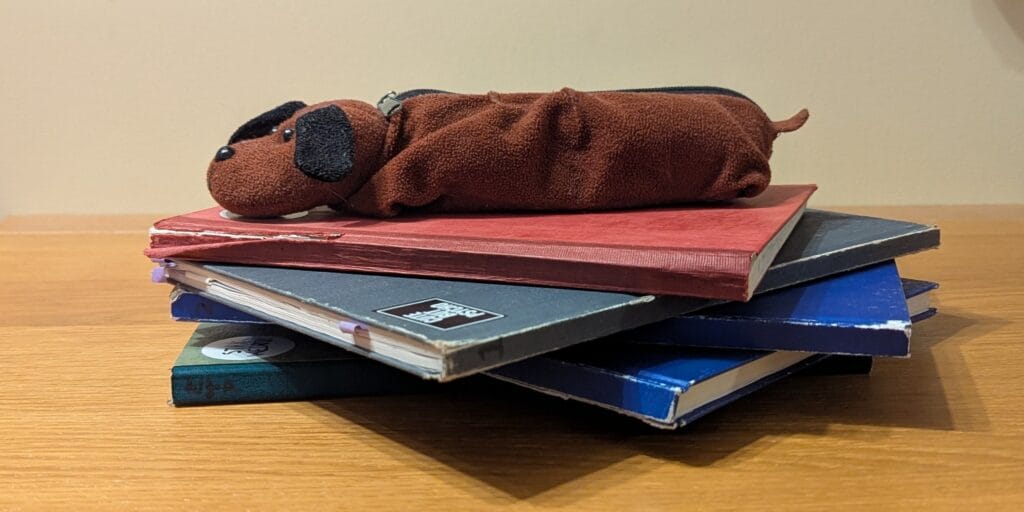
At the end of the Translation Studies course, you were given the option to pick out of a selection of modules (so there were four mandatory modules and two choice). The module I didn’t do was the extra theory module that was designed to prime students for a PhD which—despite the university’s urging—I had already decided I didn’t yet want to pursue, so I opted instead to start developing my professional portfolio.
Coursework: Multimodal Translation
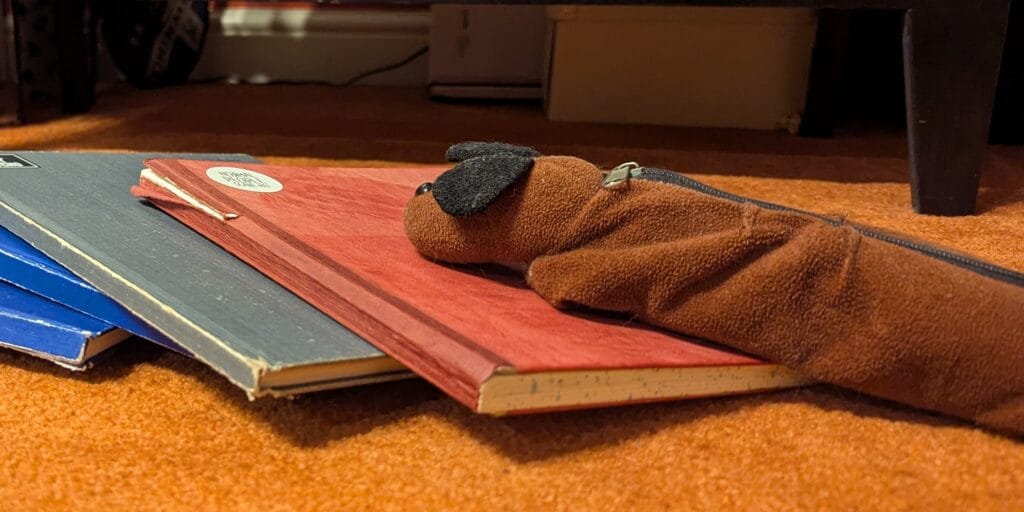
This was my favourite assignment and focussed on accessible audiovisual translation, specifically audio descriptions, theatre subtitling and then film subtitling.
Coursework: Specialised Translation
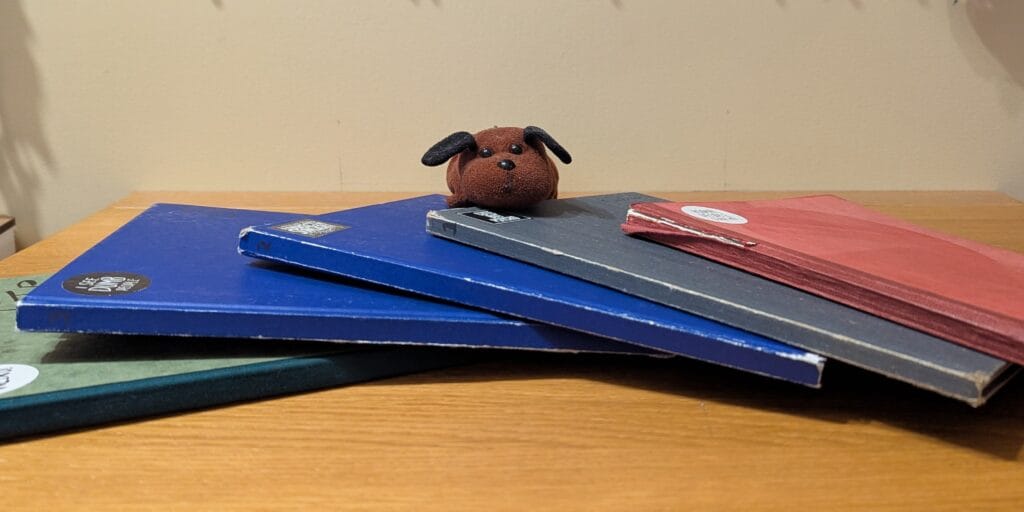
In keeping with a functionalist approach to translation, the fourth module revolved around “specialised translation” which, to describe it simply, focusses on how translating for different sectors or verticals might affect the outcome.
Coursework: Theoretical Skills
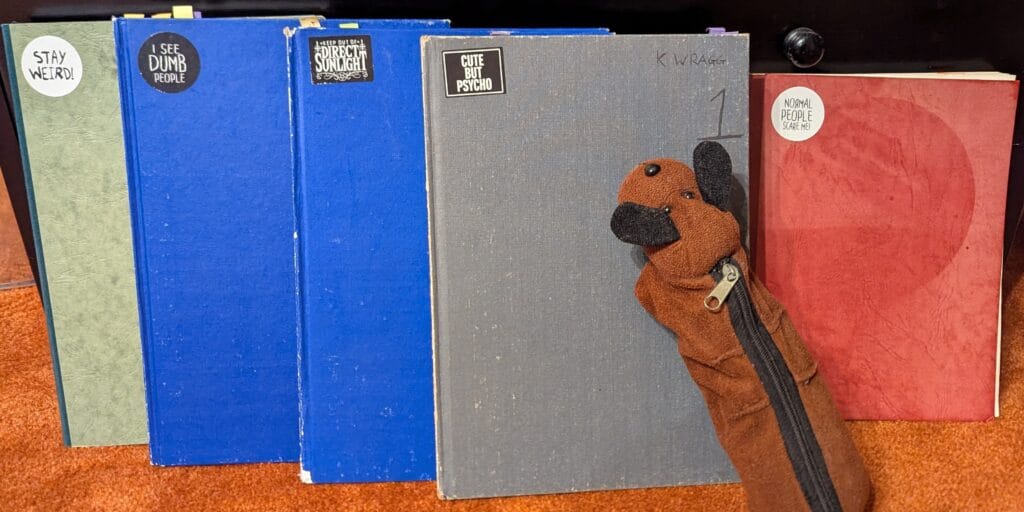
Like many disciplines, the theoretical adepts and practical adepts don’t always have the best relationship. One of the reasons I refused to go into a PhD after finishing my Masters was that I wanted to develop a more in-depth, practical appreciation of the industry before I started writing papers based solely on theoretical exercises and second-hand accounts (also, I’ve spent almost 10 years in academics by this point despite my various detours—I’m tired).
Coursework: Technology in Translation
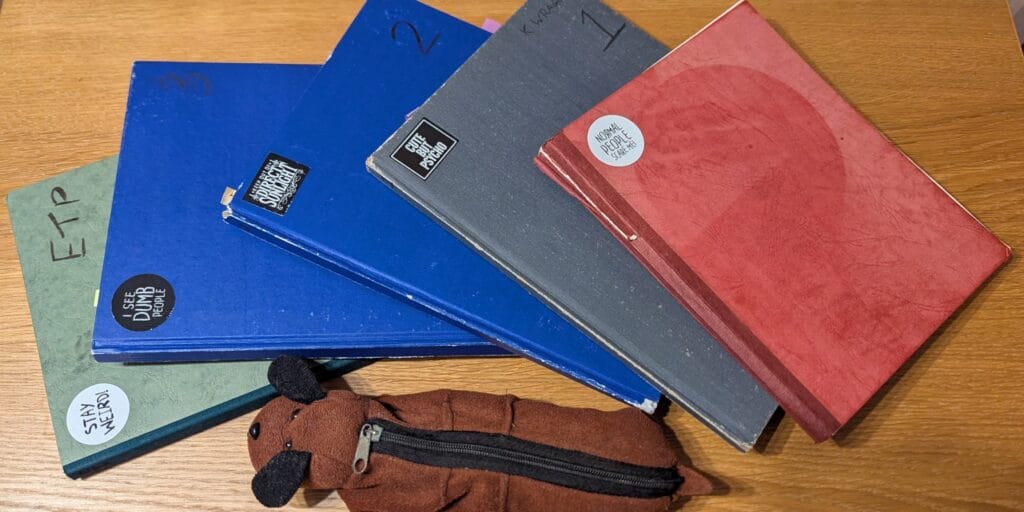
The second module of my translation masters was about technology in translation. The industry often advances hand in hand with technology, with the usual disparity between people who have “an idea of translation” and make the tech, and the people who “do translation” and use the tech. Like many things, its easy to press the button—doesn’t mean you know what you’re doing.
Coursework: Translating for Business
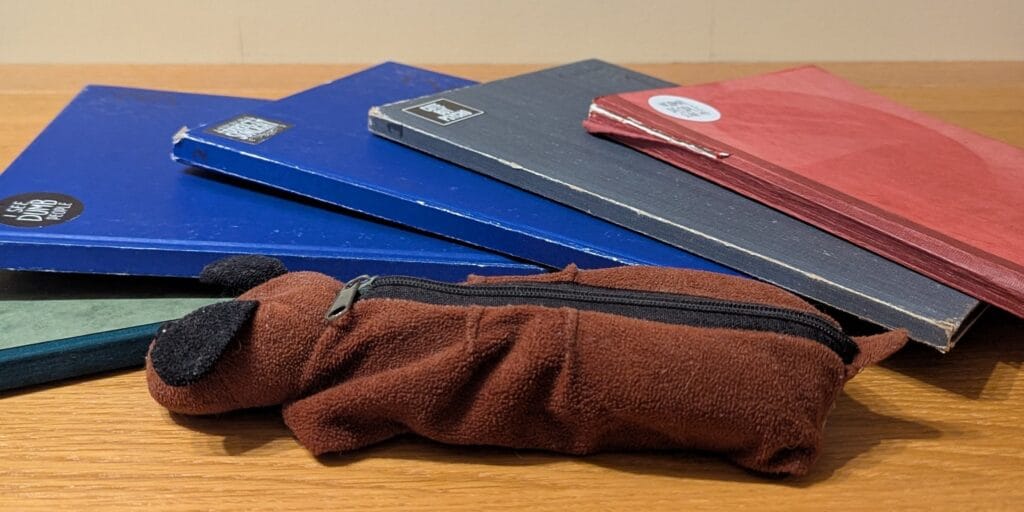
My Masters in Translation Studies was useful in a variety of areas, from the conceptual level of what translation is and its effect, to the practical level of how translation is carried out and what tools are available. The course was made in such a way—combining both the theoretical and practical aspects—that it eased the student from the layman’s appreciation of translation to the professional’s. Indeed, even after having studied languages, culture and translation for years beforehand and already having some work experience with translation, my attitude to the art changed significantly throughout the course of my postgraduate studies.